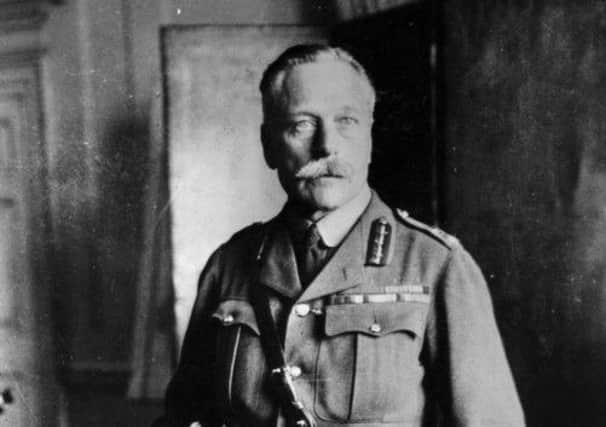Field Marshall Haig’s war diary on historic list


The Edinburgh-born commander of Britain’s forces on the Western Front kept a handwritten diary, which included his account of key battles such as the Somme and Passchendaele.
Held by the National Library of Scotland in Edinburgh as part of a wider collection of Haig’s personal material, the handwritten journal has been added to the “UK Memory of the World Register,” run by world heritage body Unesco.
Advertisement
Hide AdExperts at the library said the war diary offers “a unique insight into the war and the conduct of one of the most controversial generals in the British army’s entire history.”
It is part of a wider collection of Haig’s personal papers at the National Library of Scotland and one of three new Scottish additions to the online register.
The two others are the Aberdeen Burgh Registers, the earliest and most complete body of records of any Scottish town, and the archives of the Scottish Royal National Institution, the main institution providing custodial care for mentally impaired children in Scotland in the 19th and 20th centuries.
Darryl Mead, acting national librarian, said: “It is a great honour to have the library’s collections recognised once again by Unesco for inclusion in the register. Our inclusions now range from the 16th to the 20th centuries demonstrating the breadth and world class quality of the material held here in Scotland.
“Important parts of the collection – including short excerpts from the Haig diary – are now available free to anyone with an internet connection from our website.”
Other new additions from elsewhere in Britain include the silent films of Alfred Hitchcock and the personal archive of Sir Winston Churchill.